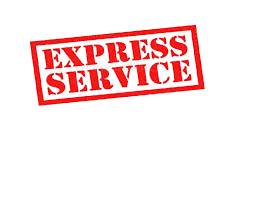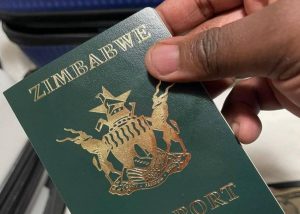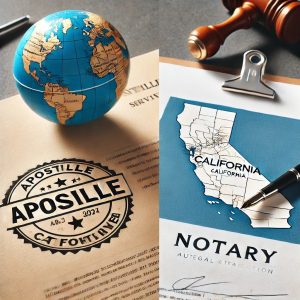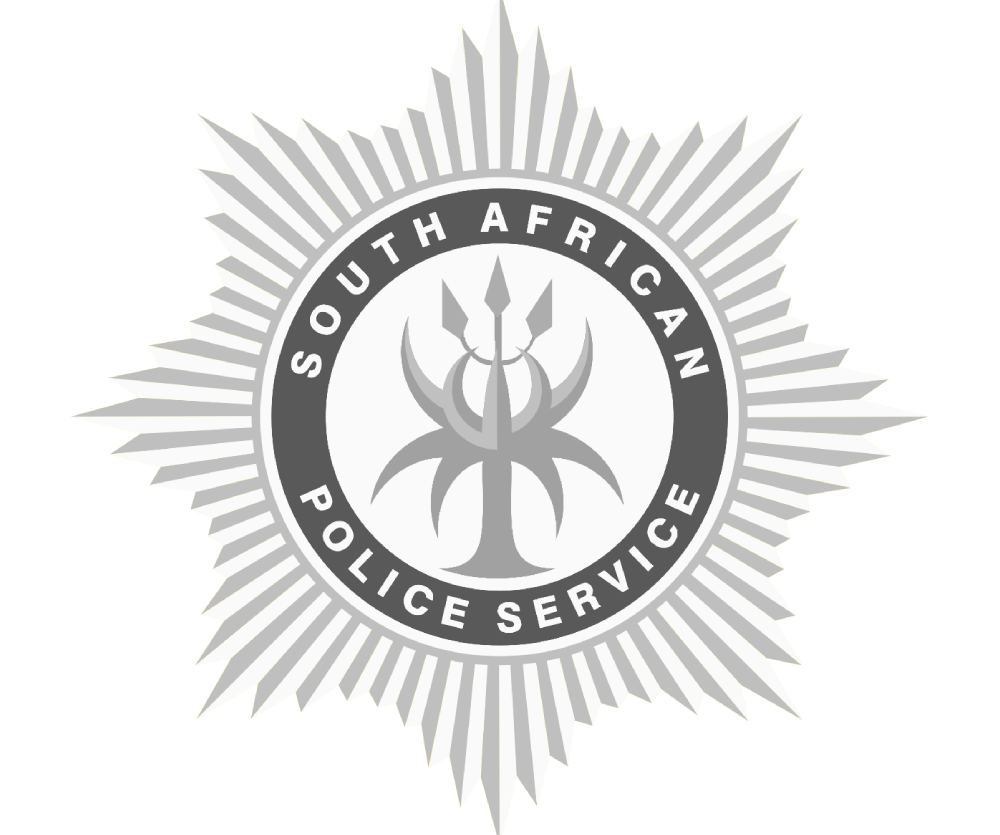Do you want to legalize or apostille a document for use in another country but don’t know what to do? If so, the information about the legalization and apostille of a foreign document is provided below. This article will give you everything you need to know about legalizing foreign documents and will walk you through the important stages involved. This information will also help you find an apostille and legalization service that is fast and effective.
What does it mean to legalize a foreign document and why is it necessary?

If you want to legalize a foreign document that you want to use for official purposes in a different country, it has to go through a process of authentication. This process confirms that the signature and the person who signed are legitimate, and verifies the validity of any stamps or seals. The act of legalizing a foreign document confirms its legality in the country of origin of the signatory.
Sometimes, when you’re dealing with documents that need to go to officials in another country, those officials might want to verify them to make sure they are legit. This can be really important, especially within the context of international procedures across different countries. For example:
- Relocation
- Starting a business in another country
- Taking part in a business tender or offer from a foreign country
- Trying to get your education(degree, diploma or certificate) recognized in another country
- Applying to become a citizen of another country
- Getting married when you or your partner are from a different country
- Going through the process of adopting a child, and so on
The rules and procedures for legalization will differ depending on what kind of document it is and which countries are involved.
Which documents are required for legalization?

Many documents from foreign countries, both public and private, might need to go through a legalization process. This could involve:
- Civil status documents (death certificate, birth certificate, marriage certificate…)
- Notarized documents
- Documents issued by a judicial or administrative authority (divorce judgment, etc.)
- Private documents (affidavit, letter of recommendation, certificate of accommodation, invoice, acknowledgement of debt…)etc.
Legalization or Apostille: Which to Choose?

Sometimes, it can be a bit challenging to differentiate between the legalization and apostille of a foreign document. Therefore, it’s important to have a clear understanding of whether you need to apostille or legalize your foreign documents.
An apostille is a simplified and faster authentication process compared to legalization. It is regulated by the Hague Convention and performed by an appeals court using the Apostille service. Confirmation of authenticity is completed through the use of a stamp known as an “apostille”. Similar to legalisation, this process also involves checking the legitimacy of the seal, signature, and the identity of the person who signed the document. However, legalization is chosen as an alternative when the country you plan to use the documents in is not a member of The Hague Convention.
The authentication method you choose will depend on the countries involved.
In addition, some foreign documents may not require legalization or apostille if the issuing country has an international agreement with that country. This is especially possible for a selected few public documents.
How to legalize or apostille a document issued in South Africa for use abroad?
Here is a guide to help you with getting your document apostilled and legalized in South Africa. Just follow these steps:
Step 1: Translate the document that needs to be legalized or apostilled
Before you start any procedure involving the legalization, and apostilling of a document, it is necessary to translate the document from English into the required foreign language. You have to get the translation done by a certified translator who is authorized to do official translations. This translated version should be an exact copy of the original document and it confirms that the translated document is legally valid. This has to be done before any legalization or apostille of a foreign document.
Step 2: Submit a request for legalization or apostille
Once you have the translation ready, you should send both the original document and its translated version to the embassy or consulate of the foreign country where you plan to use these documents. Also, the document should have been verified by the relevant authority in the country where it was issued before this step.
In South Africa, there are two main places that can provide an apostille: the South African High Court and the Department of International Relations and Cooperation (DIRCO). Alternatively, you can also reach out to a legalization agency like Global Apostille in Pretoria, South Africa. They collaborate with both the South African High Court and DIRCO to help you apostille documents. Once you’ve finished the process, an official stamp will be placed on the document to confirm its authenticity. Any legalisation and apostille of a foreign document presented will be determined by this procedure.
In some cases, they might not agree to authenticate the document, for example:
- If the document is devoid of an original signature or seal.
- If the signature or seal is unfamiliar or cannot be verified.
- If it’s a religious certificate (such as a baptism certificate).
- If the document is laminated or affixed.
- If the document is issued by an unrecognized authority. etc…
The costs and timelines for the legalization and apostille of a document
The time it takes to legalize the documents relies on the duration required for pre-legalization by the authorities in the document’s country of origin. This process, which includes two stages of legalization, typically takes longer compared to a straightforward apostille authentication procedure.
Getting an apostille or authentication at DIRCO in Pretoria usually takes around 4-6 weeks. On the other hand, the High Court Apostille (which involves a Notary) is completed within 2-5 working days. Another option is to use a reliable agency like Global Apostille, which can manage the process of legalizing and apostilling a foreign document through the High Court. This service costs R650 per page and can be completed within 24 hours using their same-day service. Additionally, they offer an express apostille service through DIRCO, which takes around 5 days and costs R2000 per page. However, keep in mind that the cost of legalizing a document can vary depending on the jurisdiction producing it.
For the most up-to-date and accurate information on the legalization and apostille of a foreign document in South Africa, always consult the official websites of the DIRCO services and the High Court services, or contact a professional agency such as Global Apostille that specialises in document authentication. This agency speeds up and simplifies the legalization and apostille of foreign a document. It is important to also note that, the legalization and apostille of a foreign document is a vital step, therefore, you must always ensure that your documents are validated before submitting them to the embassy of your selected country.
NB: This is a translated version of https://www.alphatrad.fr/actualites/legalisation-documents-etrangers-apostille
Global Apostille
Global Apostille is a Pretoria-based legalisation agency that assists corporations and individuals in getting apostilles and embassy legalization services in South Africa for documents to be used abroad. We make the legalization and apostille of South African documents simple for our clients.
Understanding that document authentication can be challenging and time-consuming, our main aim is to ensure our clients feel at ease. Our goal is to lessen this load by offering top-notch apostilling services at reasonable rates, without any hidden charges.
Global Apostille can handle various types of documents on your behalf from Birth Certificates to Power of Attorneys. Our service offers a comprehensive solution, ensuring both official translation and legalization processes are straightforward. If you want to know more about our services, feel free to get in touch with us.
Tel: 012 348 3134 | 081 347 6060
Email: info@apostillelegalisation.co.za


